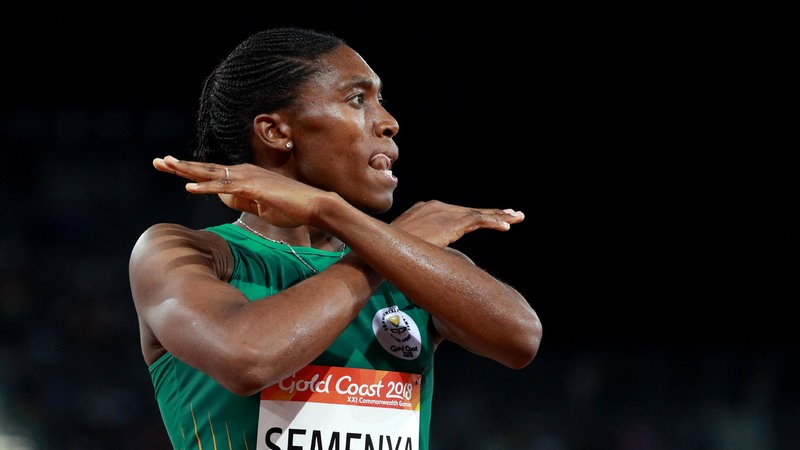The Sexuality and Gender Division (SGD) of the Psychological Society of South Africa (PsySSA) writes with frustration and anger about the recent outcome of an appeal to the Federal Court Tribunal in Switzerland which upheld a ruling in favour of the International Amateur Athletics Federation (IAAF) barring Caster Semenya and other athletes from competing in the women’s 800m track and field event.[1] World Athletics (formerly IAAF) has argued that they are promoting fairness and equality in sport and rejected the suggestion that they are infringing on athletes’ human rights and their rights to dignity and bodily integrity.
On the contrary, the ruling is discriminatory and inconsistent with international human rights, including the right to dignity and bodily integrity. The disrespect, humiliation and harm of this ruling echoes the same humiliation and lack of respect that many women who have had their identities and bodies questioned have had to endure at the hands of the IAAF. Women have had to endure bodily inspections, invasive tests and having the most intimate details of their biology and identity called into question in the most public and visible ways. The psychological impact of this lack of dignity afforded to particular women athletes is incalculable.
Semenya will be unable to defend her gold medal in the 800m race at the Tokyo Olympics in 2021. In order to compete Semenya is expected to take testosterone suppressing medication – medication that could negatively impact her physical and mental health.
We, as the Psychological Society of South Africa, endorse the statement issued by Iranti and Intersex South Africa (ISSA) that condemns the ruling as indefensible, arguing that human diversity is being erased and that the supposed system of fairness targets black African women for their innate physiology. Naturally occurring biological diversity, diversity that is meant to set professional, award-winning athletes apart, is being used in this case to discriminate against those very athletes. Nthabiseng Mokoena from ISSA is quoted as saying that the “Federal Court Tribunal has chosen to uphold a policy that legitimises discrimination against women with diverse sex characteristics, thus being complicit in the ongoing human rights violations that use questionable scientific arguments to promote and justify institutional and systemic injustice and exclusion against persons with diverse sex characteristics.”
Despite the anger and disappointment at the ruling, we note, with a sense of hope for radical change in the not too distant future, the resistance and defiance in Caster Semenya’s response to the outcome of the appeal: “I am very disappointed by this ruling, but refuse to let World Athletics drug me or stop me from being who I am. Excluding female athletes or endangering our health solely because of our natural abilities puts World Athletics on the wrong side of history. I will continue to fight for the human rights of female athletes, both on the track and off the track, until we can all run free the way we were born.”
As a professional association representing South African psychological professionals, it is our duty to defend the human rights of all people. As per the PsySSA Constitution, as well as PsySSA Practice Guidelines for Psychology Professionals Working with Sexually and Gender-Diverse People[2], we stand against discrimination on the basis of sexual orientation, gender diversity and sex development, as well as against patriarchy, racism and sexism.
Issued by the Sexuality and Gender Division (SGD) of the Psychological Society of South Africa (PsySSA)
[1] PsySSA’s SGD previously called on the IAAF to uphold Caster Semenya’s human rights as they considered their proposed ruling. See https://www.psyssa.com/wp-content/uploads/2019/04/PsySSA-statement_Caster-Semenya_Fin.pdf
[2] See https://www.psyssa.com/practice-guidelines-for-psychology-professionals-working-with-sexually-and-gender-diverse-people/



